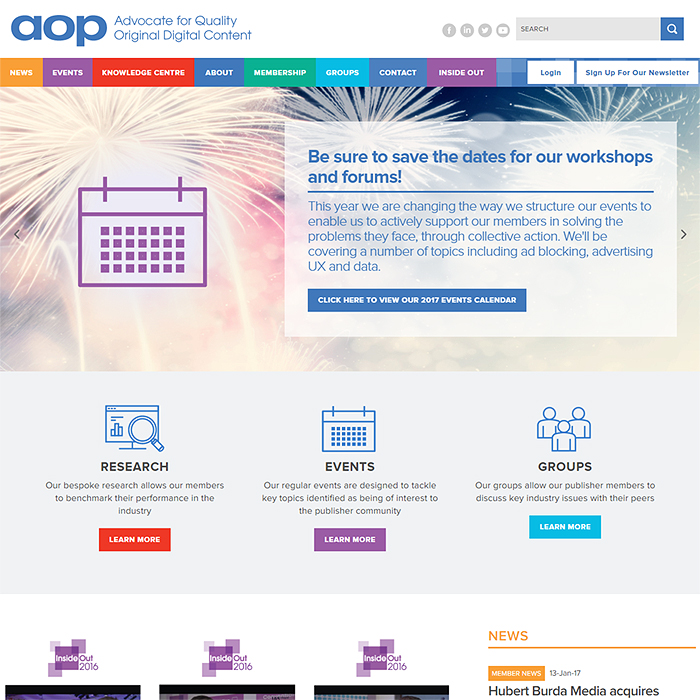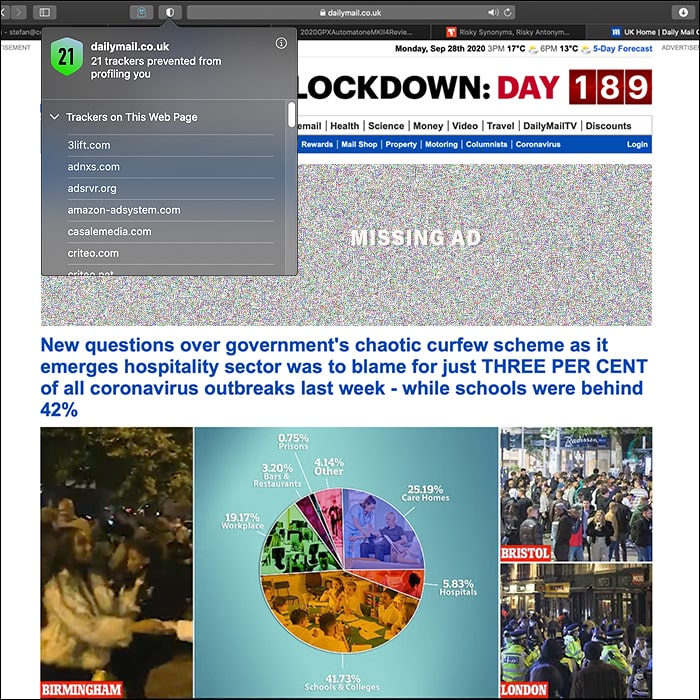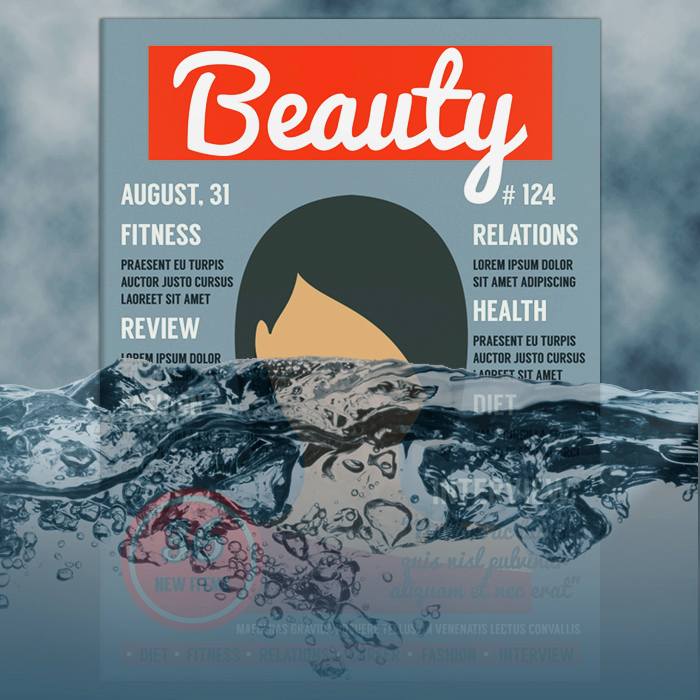Ad Blockers getting smarter, Advertisers still crying foul!

There’s been a lot of news of late about what different publishers are doing about ad blockers and how B2B publications in particular are skewed much more in favour of their advertisers than their actual readership. At the start, ad blockers simply blocked off 3rd party cookies and Flash, but they’re now getting craftier and more far-reaching as concerns what types of content they block.
The smarter ad blockers know that advertisers are switching to animated GIFs and HTML5, so these are now being targeted to a degree also, with blockers scanning code to find scripts, file names or associated terms commonly used in advertising. Even those serving up ads natively have to be clever how they call up their ad functions, as any reference to associated ad terminology or vocabulary runs the risk of being blocked now.
Instead of moving more towards Native Advertising, sponsorship, endorsement or product placement, or concentrating on innovating new ways to connect to likely target audiences; most advertisers are simply proclaiming these new measures to be unlawful, and looking towards possible legal actions to shut down the ad blockers. The problem within all of this is that modern digital advertising is heavily exposed in the area of privacy, for which there are reams of key legislation across Europe, USA and most of the modern digital world.
Advertisers are trafficking in user data as it were, and the public have every right, as enshrined by law, to exempt themselves from being targeted and tracked in such a manner. We won’t even mention how mobile device users suffer loss of battery life and bandwidth costs / data plan drain at the hands of advertisers.
Publishers and advertisers really have to wake up to the fact that they are living through a paradigm shift, the old values are on their way out, readers simply don’t tolerate this type of advertising any more. TV advertising is taking a hit already as more and more consumers switch their viewing habits to ad-free on-demand services.
The ad-supported approach is on its way out in this form. If you want to maintain advertising in a similar manner, you need to switch up to Native Advertising, using idents, and allowing category sponsorship - subtle and understated like a new wing of a hospital! The other way is to go towards more of a membership / subscription route where readers pay for access. Advertising agencies have always been very good at innovating new formats and approaches, and that’s what they must do again. As a reader of numerous websites and news services, I have paid to access several of these for some time now.
I’ve always cited Facebook as a great example of how advertising is done right - having everything served up within the same stream and in a complementary fashion - you simply skim over what you don’t like, it does not stand out particularly, interrupt or irritate, it’s just like any other post really which you may or may not be interested in reading. The old approach of stand-out banners which are deliberately styled differently and don’t blend into their surroundings is now nigh on an anachronism. I don’t know of any individual who tolerates these any more.
And people are not using ad-blockers just to prevent ads from displaying, they are using them to preserve their privacy, and conserve battery lives and data plans. The law is fully on the side of the consumer, this is not a battle that advertisers can win, they must go native, or innovate to survive...

Did you find this content useful?
Thank you for your input
Thank you for your feedback
Upcoming and Former Events
Affino Innovation Briefing 2024
Webinar - Introduction to Affino's Expert AI Solutions - Session #2
Webinar - Introduction to Affino's Expert AI Solutions - Session #1
PPA Independent Publisher Conference and Awards 2023
Meetings:
Google Meet and Zoom
Venue:
Soho House, Soho Works +
Registered Office:
55 Bathurst Mews
London, UK
W2 2SB
© Affino 2024




















